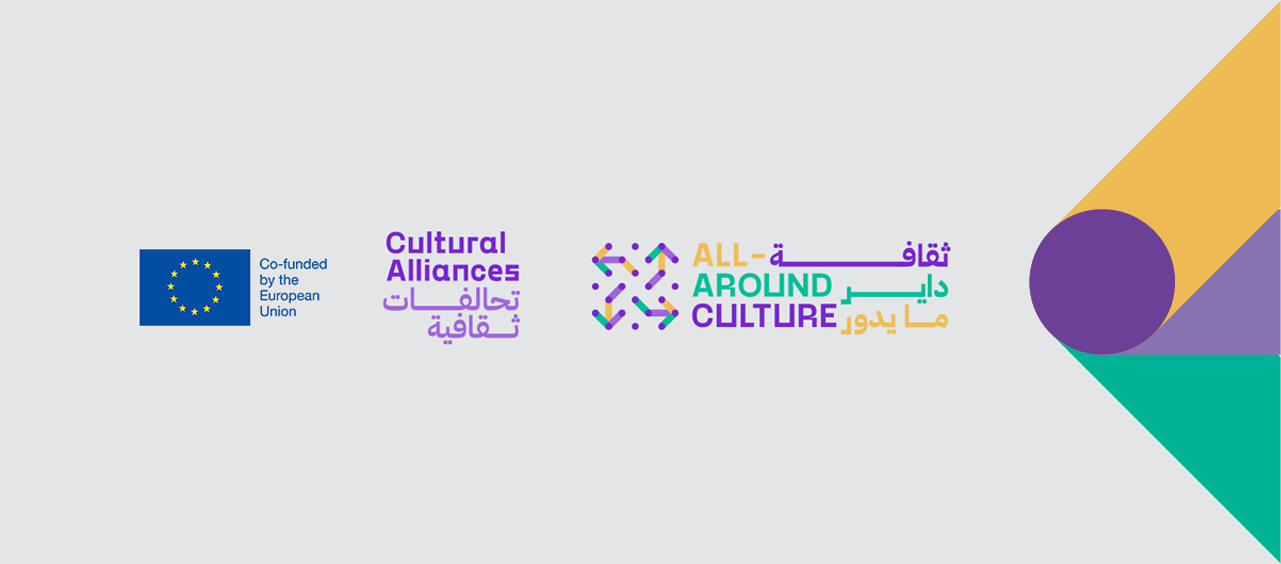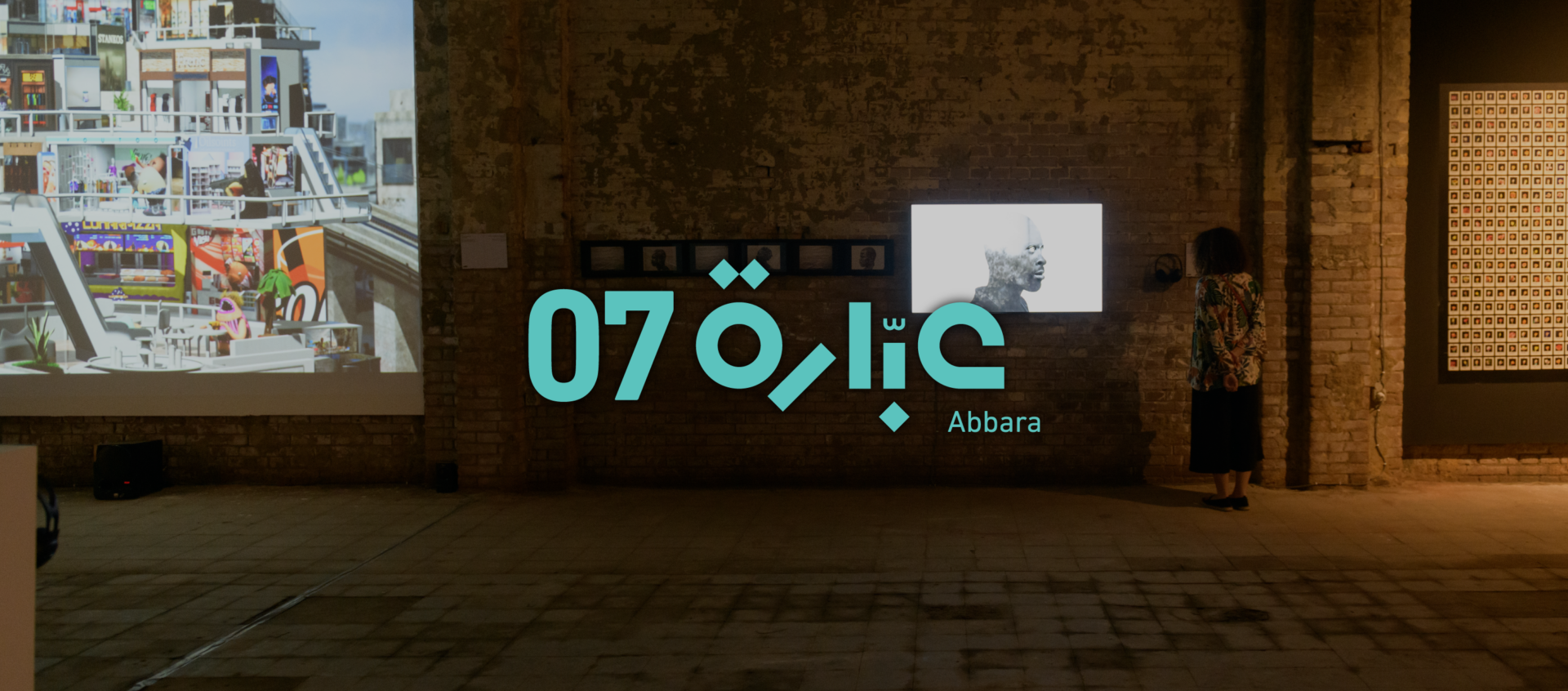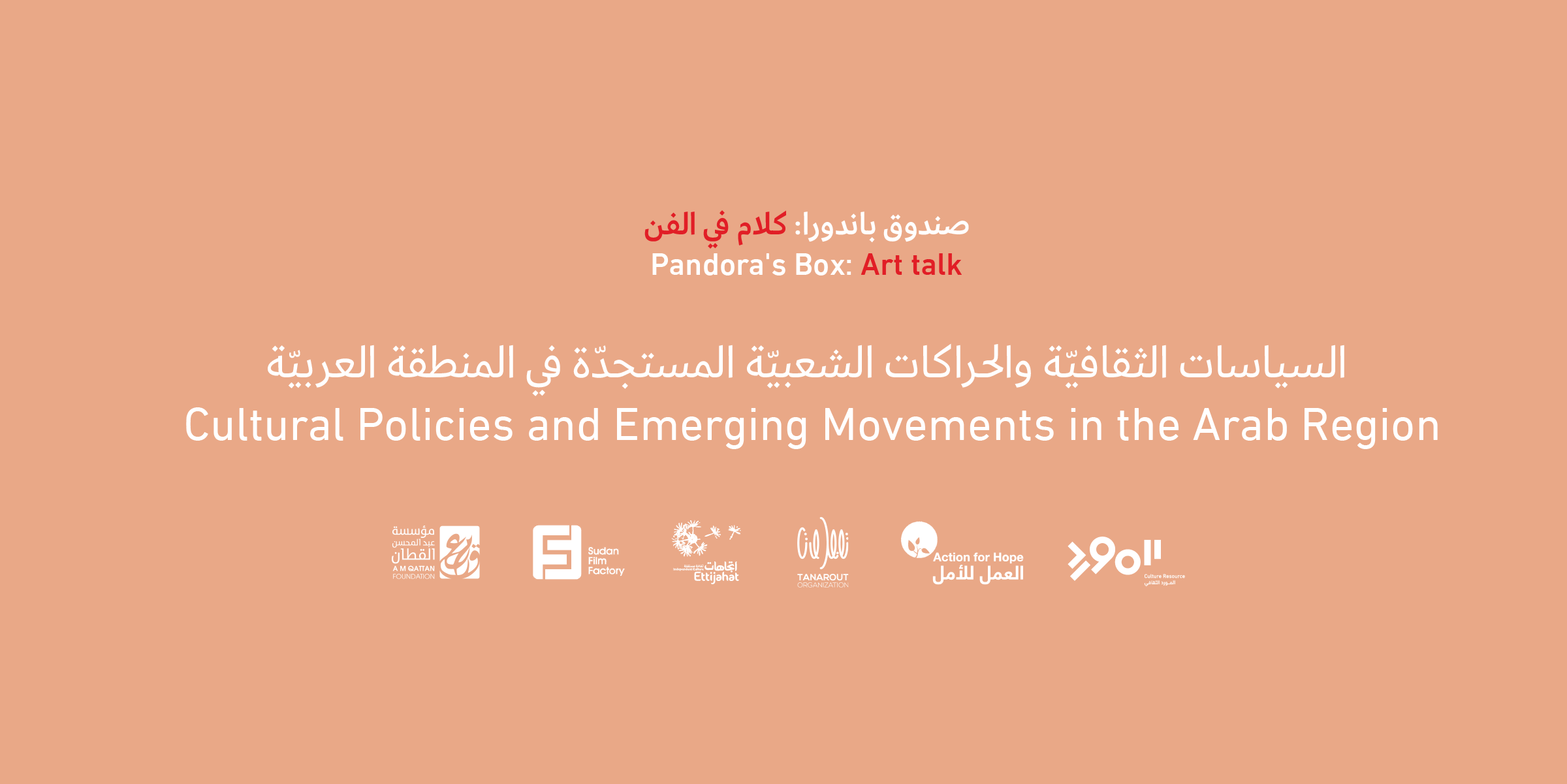After being postponed due to the Iceland Volcano:
The first conference on cultural policies
in the Arab region
The Release of The first book on cultural Policies in the Arab world
Culture Resource and the European Cultural Foundation held the first conference on cultural policies in the Arab world in cooperation with Doen Foundation and the British Council. The conference took in Beirut during Monday the 7th and Tuesday the 8th of June.
The conference aimed to discuss the current situation of cultural policies in the Arab region and their implications on cultural work in the region. The attendees included a wide range of culture professionals from Arab countries, representatives of governmental cultural institutions from Morocco, Jordan, Palestine and Egypt and some of European Cultural organizations including: Robert Palmer, Director of Culture and Cultural and National Heritage at the Council of Europe, France ;Osman Kavala, Chairman of the board, Anadolu Kültür, Turkey; Sarah Gardner, Executive Director, International Federation of Arts Councils and Culture Agencies (IFACCA), Australia; Zeyneb Farhat, Cultural Expert and Manager of El Teatro, Tunis; Amin El Zaoui, Novelist, Algeria.
The conference program included various sessions, the first one was titled Cultural Policies and the Position of Culture in the Society. This session attempted to see how cultural policies can help enhance a society’s perception of the value of culture. The keynote speaker provided an insight into how cultural expression, production and exchange play a vital role in building open and democratic societies. Other sessions in the conference tackled issues such as challenges facing culture in the national & international contexts, financing cultural policies and regional and international cooperation frameworks.
The Conference is the outcome of a regional project that started in April of 2009 with an initiative from Culture Resource to build a knowledge base that will support the development, planning and cultural cooperation in the Arab region. The project began with an exploratory survey of the policies, legislation and practice-oriented cultural action in eight Arab countries; Lebanon, Syria, Jordan, Palestine, Egypt, Algeria, Tunisia and Morocco. In the same context, the Beirut conference aims to discuss the result of this survey and come out with recommendations and initiatives towards the development of cultural policies in the region.
The conference was concluded on Tuesday, June 8, with a press conference where the final results of the research and the first book of cultural policies in Arab Countries were anounced.
The organizers and participants of the conference agree to the following recommendations:
First: Debate and Discussion
1- Immediately after this conference, organize seminars and discussions on specific elements of cultural policy with governmental players, especially ministries of culture, and with international donors and organizations who are active in the Arab region. These seminars and discussions would be used to prepare for a regional conference on cultural policies in 2012.
2- Exchanging experiences in cultural policy research, documentation and reform with Turkey, Balkan countries and Sub-Saharan Africa. This would include organizing joint activities and encounters and inviting independent and governmental experts from these regions to contribute to cultural policy survey and evaluation in the Arab region.
Second: Research
1- To refine, complete and publish the full results of the research that came out of the 1st phase of the project online. This should be done before the end of 2010.
2- Start a 2nd phase of research that includes up to 4 new countries in the Arab region. This should be preceded by an evaluation of how the Compendium model worked and what needs to be modified to suit the region. The new phase should start in early 2011
3- Launch cultural policy focus groups consisting of independent and governmental experts in the 8 countries to monitor and document trends, good practices and developments. The focus groups should start to work in September 2010 and their feedback will constitute an important reference for all cultural policy discussions and debates in the region.
Third: Dissemination of Information on Cultural Policy
1- Prepare and publish a bi-monthly update of cultural policies in the 8 countries. The first newsletter should be published in November 2010. The content will be based on feedback by the focus groups.
2- Prepare and publish an annual cultural action report that is based on the bi-monthly update. The first report should be published by the end of 2011
3- Explore the creation of a “cultural action index” that includes criteria for evaluating cultural action in the 8 countries. The definition of index criteria should be developed during the discussion with governmental, independent and international players in the course of 2010 and 2011, and based on the content of the bi-monthly update and the annual report. A pilot index for the 8 countries will be presented in the conference in 2012, with the ambition that it will be used by other countries.
Fourth: General Recommendations
1- Build alliances with the sectors that can play an active role in implementing these recommendations, especially the media and educational sectors.
2- Considering all participants in the conference as potential partners in the implementation of these recommendations.




